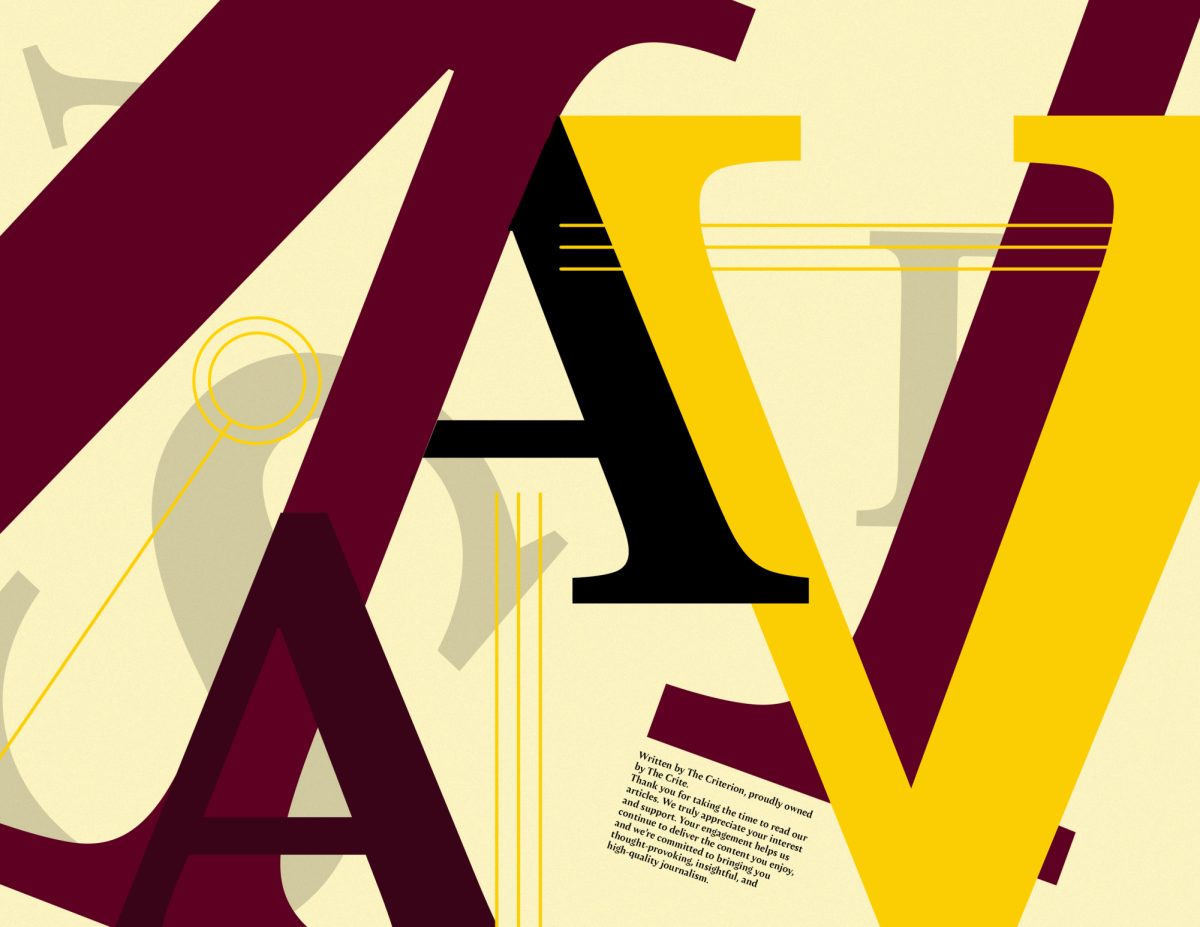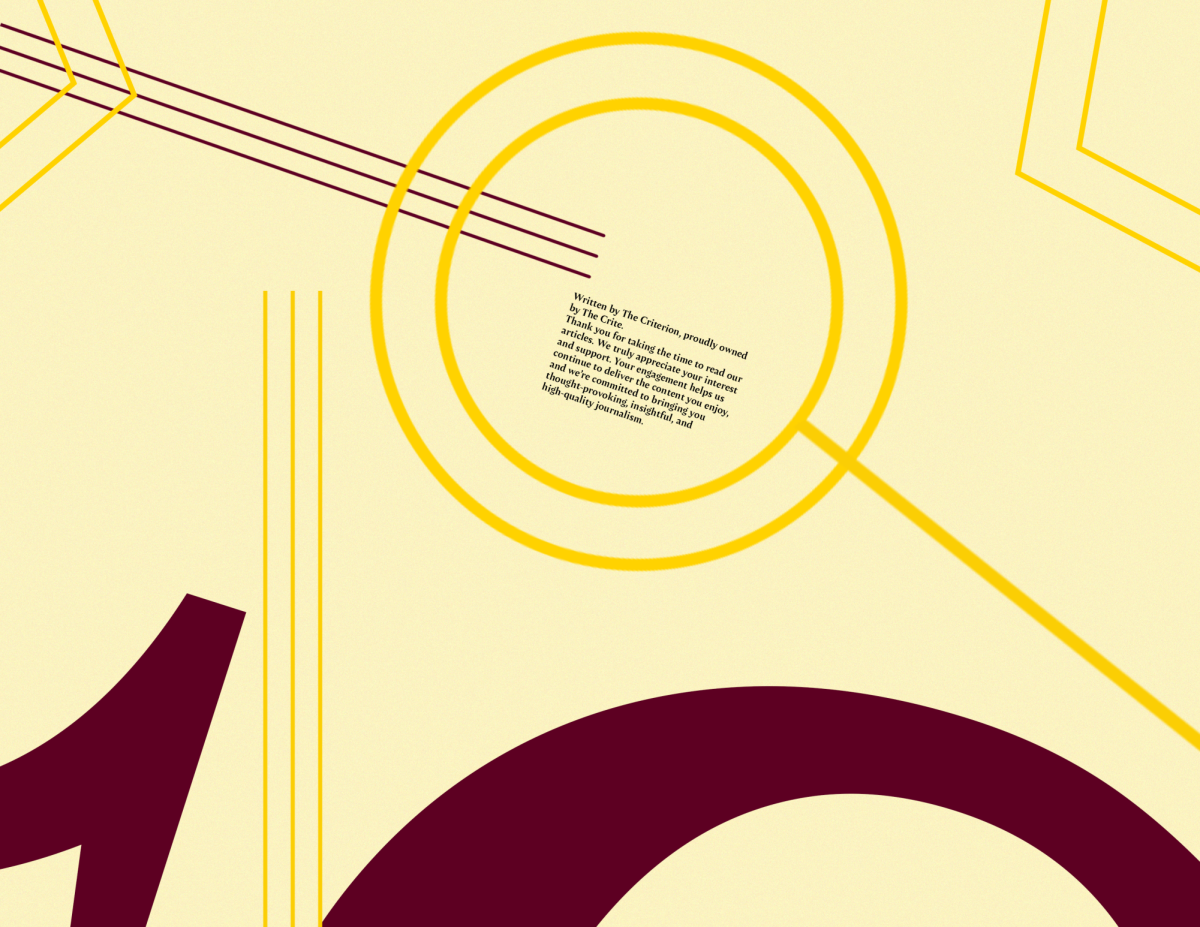When most people think of Pagan’s they think of either the summer solstice and people out in a field, flowers in their hair and praying to the moon. That or they think of witches and warlocks summoning spirits. Both of these are strong misconceptions.
So, what is Paganism? Who better to ask then the current President of the Student Pagan Alliance, Freshman Zachary Friedrich.
“It’s a group for anyone who is curious about any other religions, beliefs, spirituality or partake/members of… more minor religions like Wicca, Judaism, Hellenistic. Anyone is really welcome into it. We don’t judge on any religion or any belief, it’s just for anyone who would really like to learn more” Friedrich said.
Due to the controversy that often is found amongst the religion, the Student Pagan Alliance has been a club that has been restarted many different times.
As sitting presidents graduate and current club members don’t take the position the next fall, it has disappeared until a new president decided to pick it up again.

The most recent group, prior to the current one, had a two-year run but hasn’t been in existence for the past two years; that is until this year’s club started it up again. Its current run has been ongoing since the beginning of this school year.
Amongst Paganism, the club also is about teaching about “anything people might be interested in from any divination across the world to just minor gods you may have never heard of who have really cool stories” Friedrich said.
Divination, throughout the culture and the history of the world, has been seen as a way of forecasting possible future events or to better understand current events. Divination has had many different names and faces throughout time.
In ancient China they practiced Yi Jing using 3 coins and flipping them to see if you would have good luck or bad luck.
There are the more popular, main-streamed Tarot cards which likely originated from Northern Italy. Astrology, which most every society has used to some degree in the past for envisaging the future.

There are also fewer common ones such as cartomancy, which is the use of playing cards or capnomancy where a foresee-er reads the smoke of sacrificial offerings.
According to Freidrich during meetings, they often show PowerPoints or videos, and they try to have food or snacks as well. Recently they showed a video on the different chakras and how they have digressed from the past into modern times.
“We try to keep it kind and we try to keep the humor going so no one feels uncomfortable. We talk about different lessons that go from all sorts of things,” Freidrich said. A few weeks ago, they also taught about what the solstice is.
Amongst discussions over different religions, they also host parties to celebrate upcoming holidays and to try and help people to see parts of other religions that may not be common in their own.
What countless are often surprised to learn about Paganism, is that many modern Christian holidays actually have Pagan roots. Easter, Halloween and New Years are all in the list of holidays that started as pagan holidays and have transformed into what we know now.
“We had a another one that talked about history of current holidays and how they have roots that go into some of the older religions that are no longer popular” Friedrich said.

The biggest problem pagans deal with today and much of the reason why the religion itself has been so ostracized: Hollywoodization.
Hollywood is known for taking an idea and giving it a dramatic twist. They then add these ideas to horror films or sci-fi movie or to a movie that has their own personal agenda and “they will bastardize the hell out of it,” Friedrich said.
“A lot of misconceptions that come from it (Paganism) are based around horror or sci-fi movie where Hollywood has used it as a way to say ‘oh this is different, this makes people uncomfortable, we are going to use that to associate with evil’” Friedrich said.
Our culture and society have taken these ideas and ‘bastardizations’ literally and now things that were never really intended for evil are viewed as such.
“One of the best examples is the Pentacle, the 5-pointed star, its original purpose has nothing to demonology at all (despite some Satanists now using it). It’s actually the symbol the human conscious and what we are as a person created of the five elements: Air, Water, Energy (Soul), Fire and Earth. In Ideology, it was actually used as a way to ward off evil, but movies have taken it in a whole opposite direction and used to conjure the spirits of the dead” Friedrich said.
“Right now, we are pretty much just offering a safe space for people who feel uncomfortable with talking to other people about their religion- they are more than welcome to come to the Student Pagan Alliance and discuss about it,” Friedrich said.
If you are interested in exploring new religions, want to talk about one you find really interesting or just want to meet some cool open-minded people, the Student Pagan Alliance meets every Monday at 4:30 p.m. in Escalante 120.









